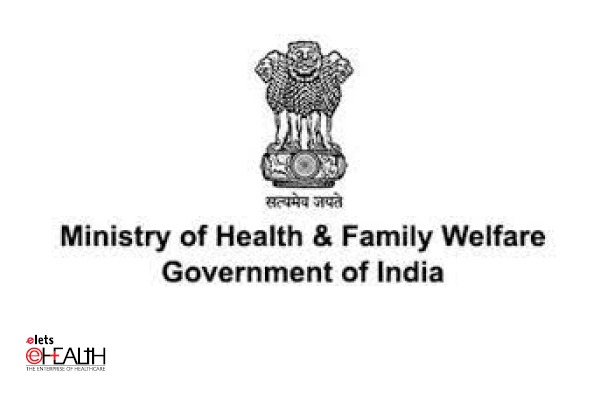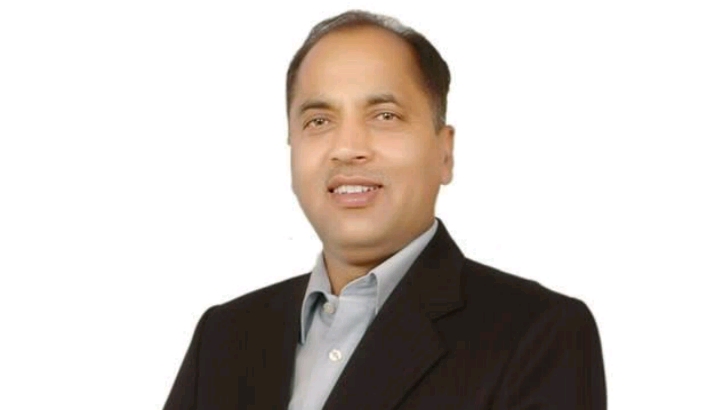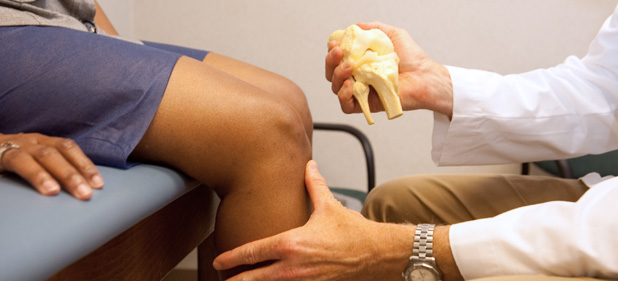Patients living in remote areas or suffering from chronic diseases that need continuous monitoring should have better access to medical treatment delivered, for example, over the internet, the European Commission said today. In a communication, an early stage in a process that could eventually lead to legislative proposals, the EU utive pressed member states to draw up national action plans aimed at broadening the provision of telemedicine, which pilot projects suggest could improve public health and lower costs. The Commission believes that member states should themselves a target date of 2011 to have in place a legal framework to promote the use of telemedicine, which uses internet, telephone and other networks to enable patients to consult with their doctors and, in some cases, undergo examinations and other medical procedures. Pilot projects have already shown that tele-monitoring of heart conditions could reduce mortality rates by 20%, the Commission said, in part because remote monitoring of blood-sugar levels or blood pressure cuts out the need for the sick and elderly to travel to hospital. Other projects have found that tele-monitoring of patients who would otherwise be kept in hospitals reduces man-hours dedicated to healthcare by 30-60%. Similarly, the EU utive believes tele-medicine could cut waiting lists in radiology by allowing medical imagery, such as X-rays, to be conducted at a distance. The Commission intends to support a large-scale tele-monitoring pilot project in 2010. Tele-medicine will become increasingly vital as the age of Europe’s population and the rate of chronic disease rise, the Commission argues. Those expectations are reflected in projections that the current value of the global market for telemedicine will swell from

Be a part of Elets Collaborative Initiatives. Join Us for Upcoming Events and explore business opportunities. Like us on Facebook , connect with us on LinkedIn and follow us on Twitter , Instagram.











